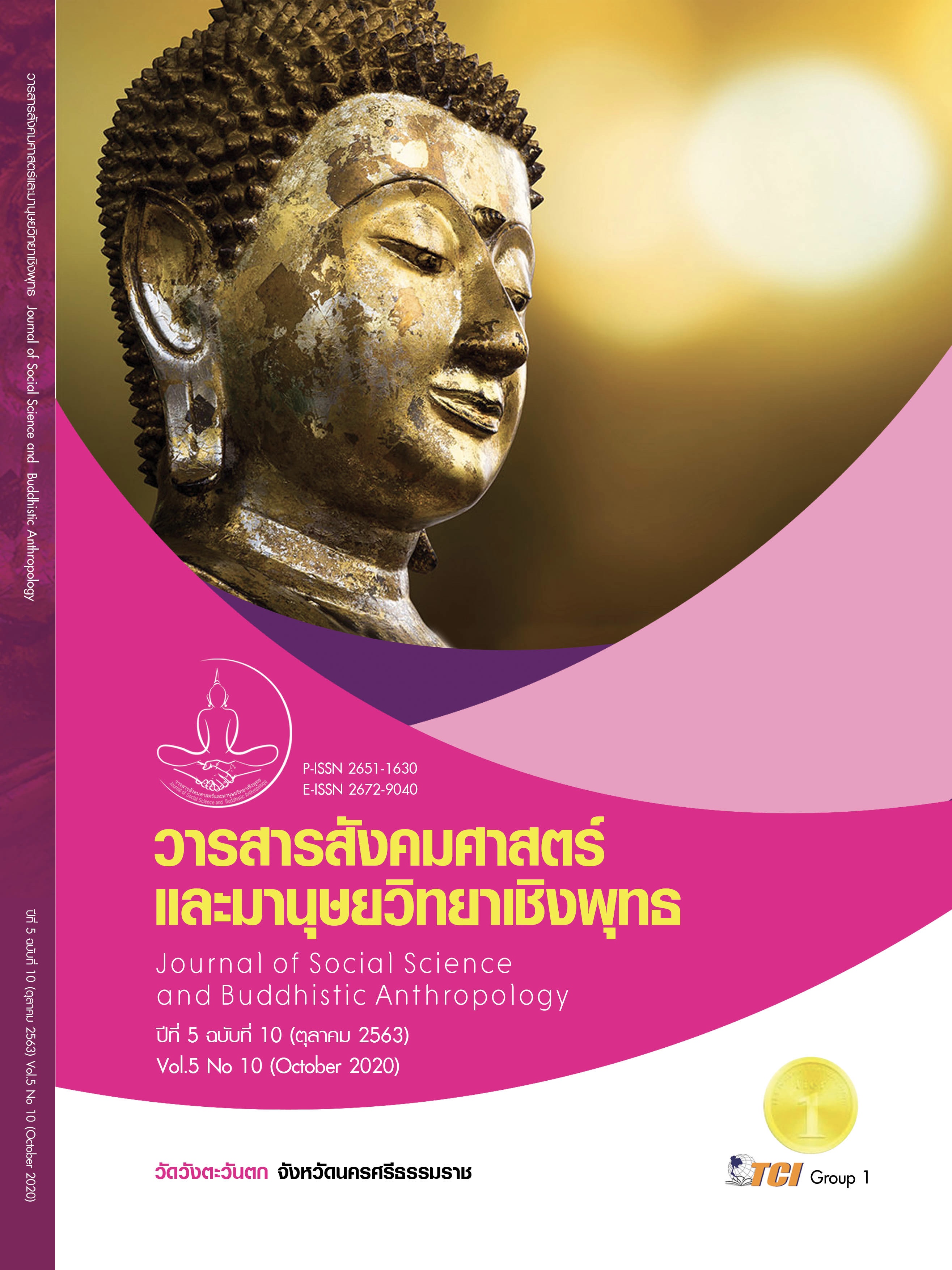TUTORING TRANSFORMING ECONOMIC CAPITAL TO THE ADVANTAGE OF ELITE STUDENTS IN EDUCATION FIELD
Keywords:
Elite Students, Capital, Habitus, Field, StrategyAbstract
The objectives of this research article were to provide the utilization of strategies that elite students possess in order to transform the economic capital to others for the sake of their own benefits within the field of education. The article is a qualitative research which is to perform a semi-structure interview in order to collect the data from five people who have experienced in being elite students. Theoretical sampling technique was used to select respondents and analyzed the data by using thematic analysis. The capitals, habitus, and fields are the major concepts of theory which have been chosen from Pierre Bourdieu in order to engage the understanding this phenomenon. The results found that elite students have transformed the economics into cultural capital by emphasizing on the tutoring activities and the purchasing of various academic books which contain the exam’s generic guideline to maintain their position in the education field. Furthermore, elite students who are considered the mainstream individuals whose hold high positions in the education field are likely to have more advantages within the Thai society and not always only receive exceptionally worthwhile benefits based on their socioeconomic status, but also have the access to create their social network among the people in the same position. The advantages cause the concern regarding the inequality and injustice within the society whether how the competitive educational system may generally result in either positive or negative effects to the society.
References
ไชยรัตน์ เจริญสินโอฬาร. (2558). อัตวิสัย/วัตถุวิสัยในสังคมศาสตร์/มนุษย์ศาสตร์. กรุงเทพมหานคร: สำนักพิมพ์มหาวิทยาลัยธรรมศาสตร์.
ปริชัย ดาวอุดม. (2557). การทำให้โรงเรียนกวดวิชาเป็นโครงสร้างที่มีเสถียรภาพในสังคม. ใน ดุษฎีนิพนธ์ปรัชญาดุษฎีบัณฑิต สาขาวิชาพัฒนศึกษาศาสตร์. มหาวิทยาลัยศรีนครินทรวิโรฒ.
รังสรรค์ ธนะพรพันธุ์. (2544). การศึกษา ทุนนิยม และโลกานุวัตร. กรุงเทพมหานคร: สำนักพิมพ์โครงการจัดพิมพ์คบไฟ.
รุจิเรข โกมินทรชาติ และชื่นชนก โควินท์. (2560). เครือข่ายอินแปง: พลวัตรและการเปลี่ยนแปลงของทุน. วารสารศรีปทุมปริทัศน์, 17(1), 123 - 131.
สถาบันส่งเสริมการสอนวิทยาศาสตร์และเทคโนโลยี. (2562). การแถลงข่าวผลการประเมิน PISA 2018. เรียกใช้เมื่อ 15 กุมภาพันธ์ 2563 จาก https://pisathailand.ipst.ac.th/news-12/
หมอก้อง. (26 เมษายน 2563). ปฏิบัติการสร้างนักเรียนชั้นนำในระบบการศึกษาไทย. (ศราวุฒิ งามยิ่ง, ผู้สัมภาษณ์)
หมอสุนิสา. (18 เมษายน 2563). ปฏิบัติการสร้างนักเรียนชั้นนำในระบบการศึกษาไทย. (ศราวุฒิ งามยิ่ง, ผู้สัมภาษณ์)
Bourdieu, P. (1997). The forms of capital In A. H. Halsey Education (Eds.). Oxford: Oxford University Press.
Bourdieu, P. (2005). The Social Structures of the Economy. Cambridge: Polity Press.
Costa, C. & Murphy, M. (2015). Bourdieu and the Application of Habitus across the social science. London: Palgrave Macmillan.
Goldthorpe, J. H. (2007). "Cultural Capital" Some Critical Observation. Sociologica, 1(2), 1 - 23.
Grenfell, M. (2008). Pierre Bourdieu Key Concepts. Durham: Acumen.
Lareau, A. (2003). Unequal childhoods: class, race, and family life. Berkeley. CA: University of California Press.









